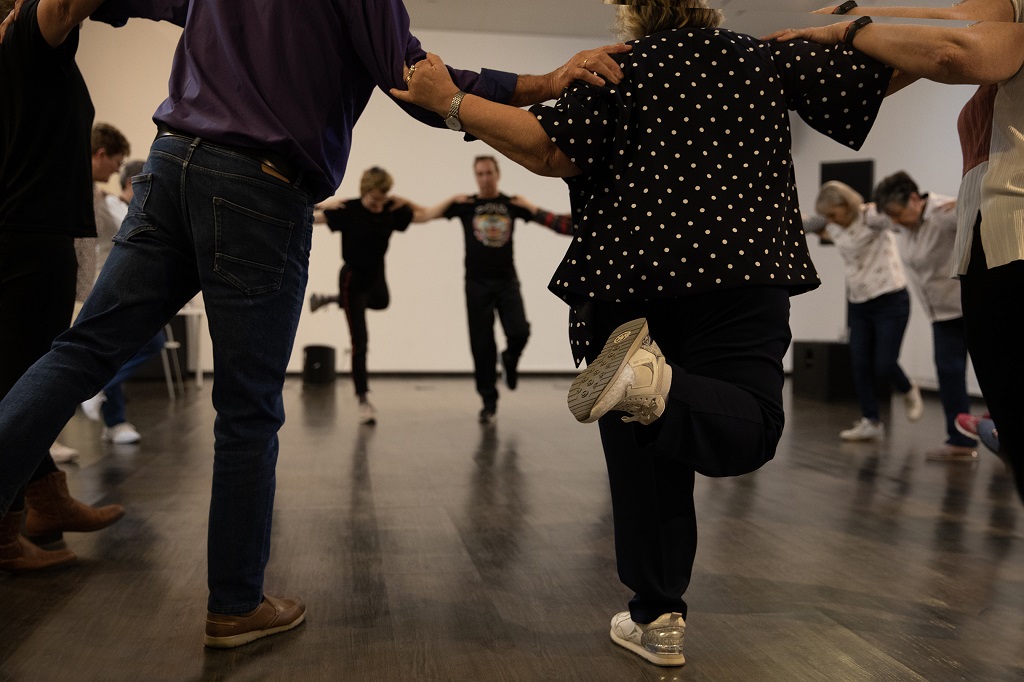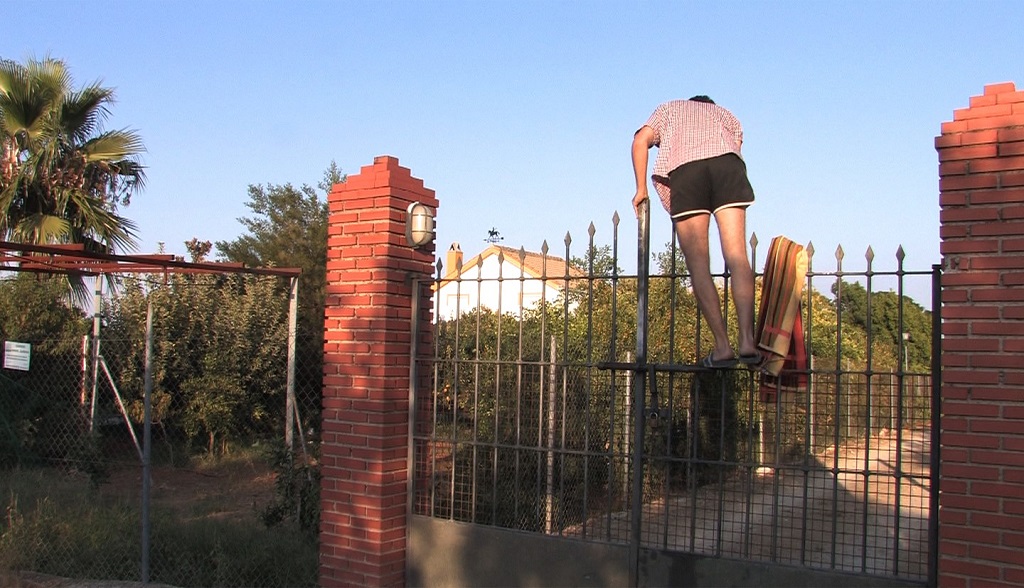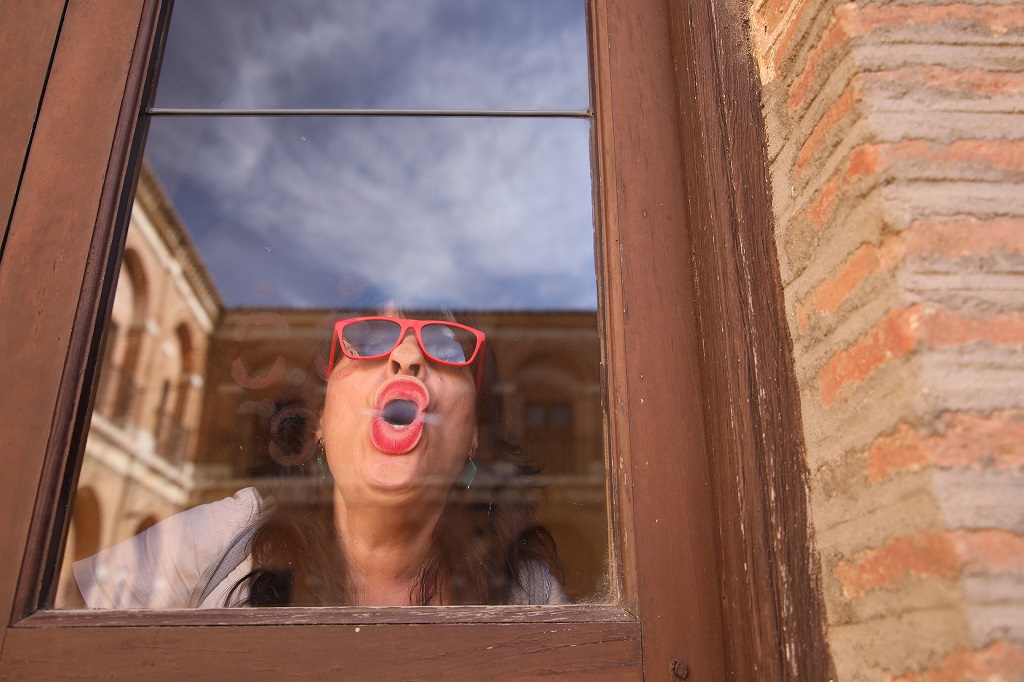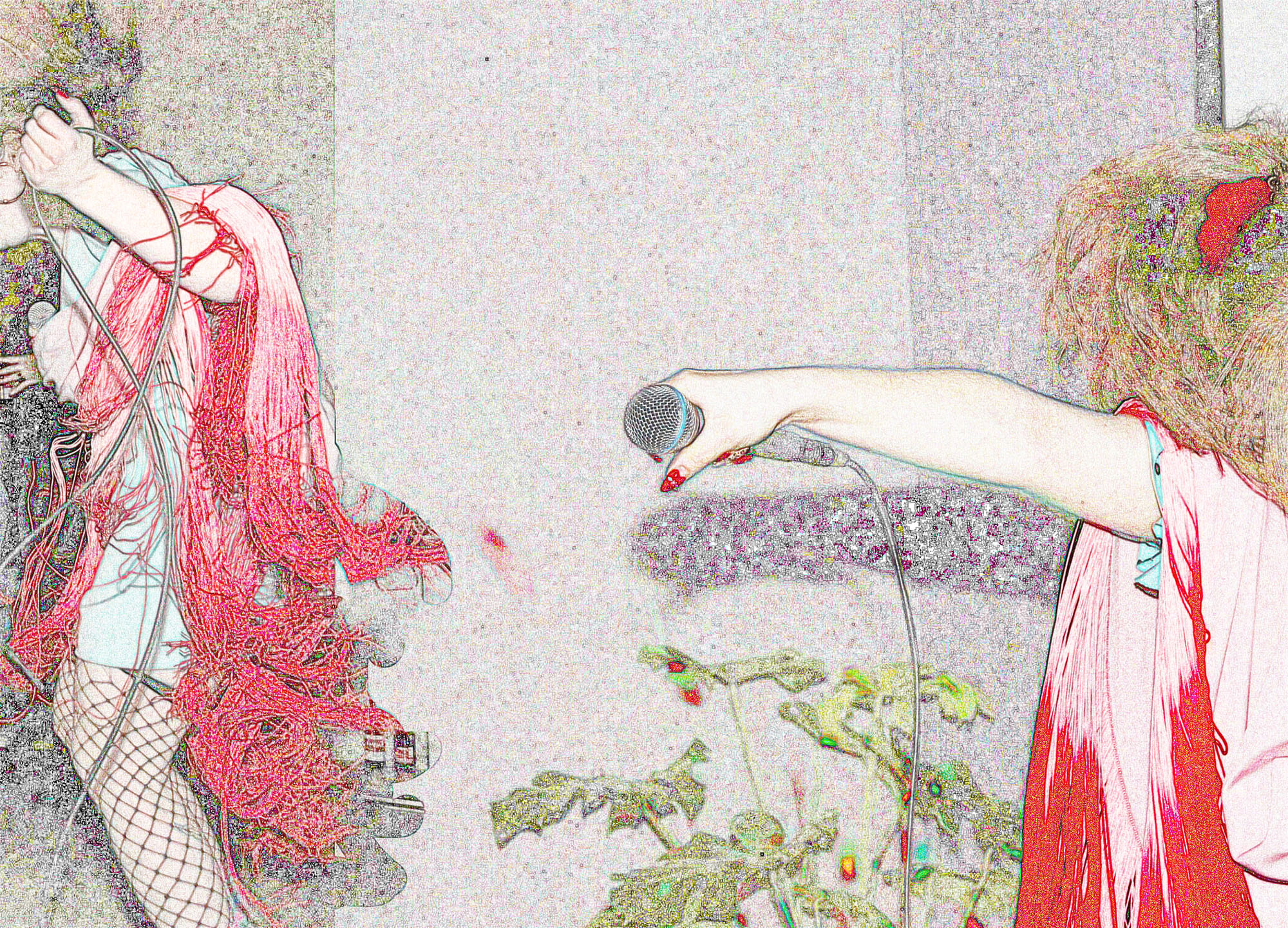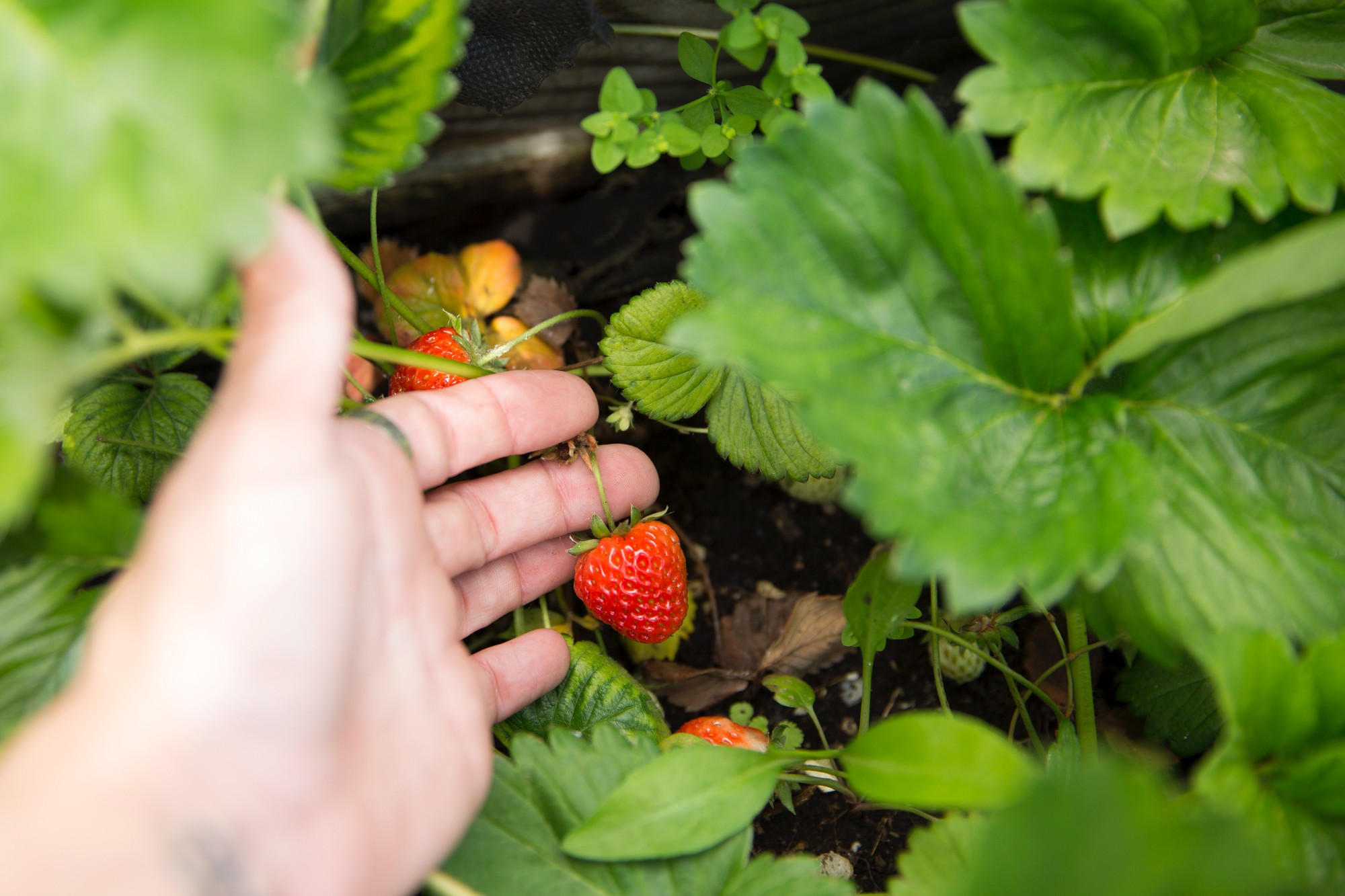Admission free during workshop hours until full capacity is reached. Capacity: maximum 20 people. Open to anyone who is interested.
CA2M’s Vegetable Garden on the Roof has been going for eight years. Over that time, we have experienced a profound process in which many different people have participated, making it a meeting point based on working together and sharing knowledge.
Since its beginnings, the idea behind the Vegetable Garden on the Roof was for it to be a space that would go beyond being an organic farming school and would form a community. This goal has been achieved; today it is a focal point for people with many accumulated years of learning, a place of enjoyment and coexistence based on the practice of agroecology and permaculture. It is also a place for the recovery of traditional knowledge of the farming world and a reflection on the challenges of being sustainable.
Today, the community of CA2M’s Vegetable Garden on the Roof faces the challenge of opening up to new people without forgetting the enthusiasm for research and experimentation that motivates existing participants. This course will give an opportunity to those who are interested in getting started in agroecology and permaculture, at its most basic levels, yet still meet the needs and pace of learning of those who have been protagonists from the start and who require more specific workshops with very advanced content. To do this, during the first part of the course, we will work two hours on alternate Fridays, to give possibilities to those people who due to work or personal circumstances could not attend the conventional schedule.
In collaboration with Instituto de Transición Rompe el Círculo.
PROGRAMMING. THE MOST NATURAL VEGETABLE GARDEN
THE POWER OF PLANTS 11 AM
5 FEBRUARY | Plants That Look after Our Health 1. 11 AM
It is easy to know what the healing powers of some common plants are, but it is not easy to know how to use them. Learn to differentiate medicinal plants, their properties and uses.
12 FEBRUARY | Plants That Look after Our Health 2. 11 AM
This workshop will teach you how to prepare oils, ointments and simple macerations that can be made at home.
19 FEBRUARY | Plants That Look after Our Health 3. 11 AM
Delve into the world of natural cosmetics with some simple recipes that can easily be made at home.
26 FEBRUARY | Plants That Look after Our Health 4. 11 AM
Learn about the benefits of having plants at home, which ones are best suited for each room, and how to care for them.
THE NO-PLOUGH VEGETABLE GARDEN 5 PM
5 MARCH | No-Dig Gardening. How to set up a vegetable garden without ploughing the land. 5 PM
The belief has always been that, before planting a vegetable garden, we have to turn over the soil. This system explains why we should not do it and how we can prepare the land for cultivation.
12 MARCH | How To Get Rid of Weeds in a Vegetable Garden (Workshop at Gabriel Celaya School). 5 PM
One of the reasons why we plough the soil is to remove weeds before planting but, in doing so, we provide their seeds with the perfect conditions to multiply. So, what should we do?
26 MARCH | Preparing Raised Beds. Hugelkultur and raised beds. (Workshop at the Gabriel Celaya School) 5 PM
Learn different ways to prepare soil and keep it fertile for as long as possible without having to work it.
9 APRIL | Vermi-Compost at Home. 5 PM
Compost is essential in a “no-dig” garden. Learn how to create homemade vermi-compost using kitchen waste to make your own compost. (waste, composting)
16 APRIL | Seedbeds Using a Biointensive Form of Agriculture. 5 PM
Let’s start planting and preparing our first seedbeds for this spring.
23 APRIL | Biodiversity – above and below. 5 PM
Learn how to maintain biodiversity both on the soil’s surface and in its subsoil, both of which are fundamental for keeping it fertile.
In colaboration with: Instituto de Transición Rompe el Círculo.
All the activities at CA2M are for free
Entrance
CA2M’s Vegetable Garden on the Roof has been going for eight years. Over that time, we have experienced a profound process in which many different people have participated, making it a meeting point based on working together and sharing knowledge.
